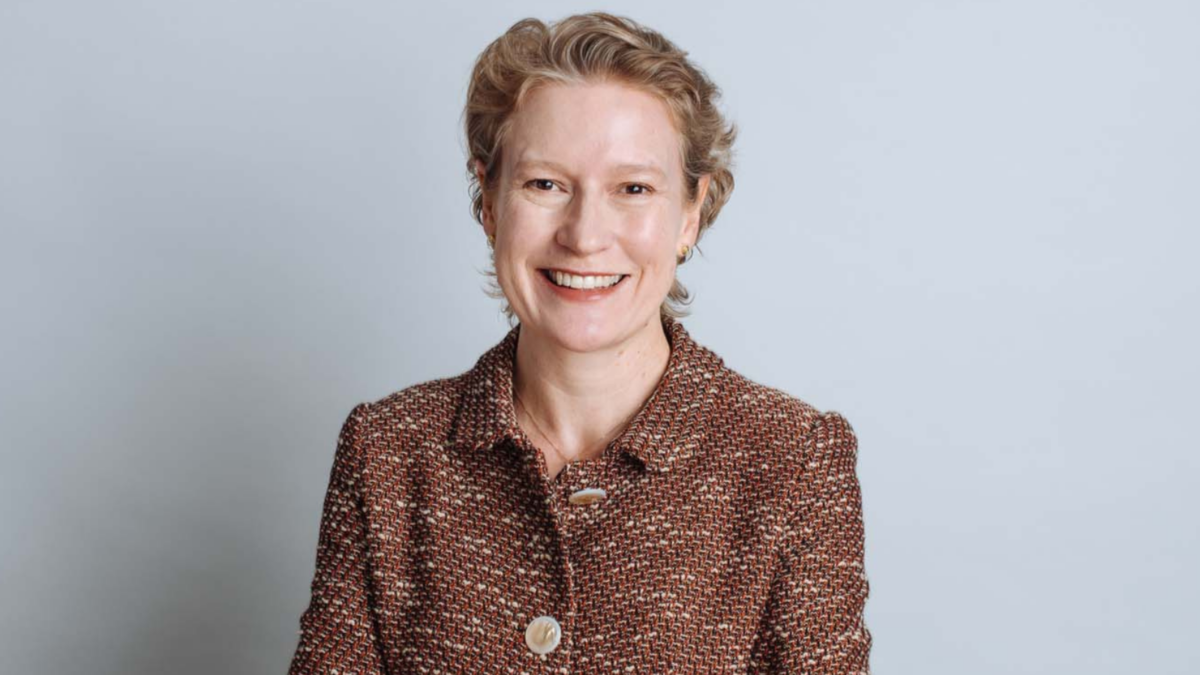Why super funds should change their benchmarks
(Pictured: Craig Lazzarra)
by Penny Pryor
Superannuation funds should be benchmarking their performance to equal-weighted benchmarks instead of cap-weighted benchmarks, according to an S&P Dow Jones Indices (SPDJI) report.
An equal-weighted index will give equal weighting to each stock within an index, whereas a cap-weighted index will have equivalent allocations to the stocks depending on their size.
“Cap-weighted benchmarks tell you what is the return of the average invested dollar but it does not tell you the performance of the average stock. Equal-weighted benchmarks tell you that,” Craig Lazzara, senior director Index Investment Strategy at SPDJI said.
SPDJI launched its first equal-weighted index over a decade ago but they are not that well known, or used. In Australia SPDJI has the S&P/ASX 100 Equal Weight Index (since Aug 2011) and the S&P/ASX Corporate Issuer Equal-Weight Index (since May 2012).
Lazzara says that an equal-weighted index is more appropriate for an actively managed portfolio.
“The point we wanted to make [with the report] was to say that since most actively managed portfolios are not cap-weighted they look more like, or at least as much like, equal-weighted portfolios than cap-weighted portfolios,” he said.
“As a fund owner seeking to benchmark an active manager, equal weighting is something you should know or at least think about.”
Lazzara co-wrote the report Equal-Weight Benchmarking: Raising the Monkey Bars with director of Index Investment Strategy at SPDJI, Tim Edwards.
Generally an equal-weighted index will outperform a cap-weighted index (see below).

Source: S&P Dow Jones Indices.
This is because performance by smaller stocks will be better reflected in the index.
“If there was tendency for the smaller stock to outperform… if that’s the case, then over time you would expect to see equal-weight do better,” Lazzara says.
SPDJI also conducts research on the performance of actively managed funds versus their benchmark – SPIVA Australia Scorecard. It’s latest report for 2013 found that of the almost 400 funds in the Australian general equity category, 68 per cent outperformed the S&P/ASX 200 Accumulation Index in 2013. But only 37 per cent of funds managed to outperform the fund over the three-year period and just 30 per cent did so over the five-year period.
If those funds had been benchmarked to equal-weighted indices the results would have been much worse, according to Lazzara.
Lazzara, who has some of his personal funds in an equal-weighted strategy, expects that Australian equal-weighted benchmarks will be constructed soon.
“It would be easy to construct them … it would not be hard to do. I think that’s probably a project for future days,” he said.









